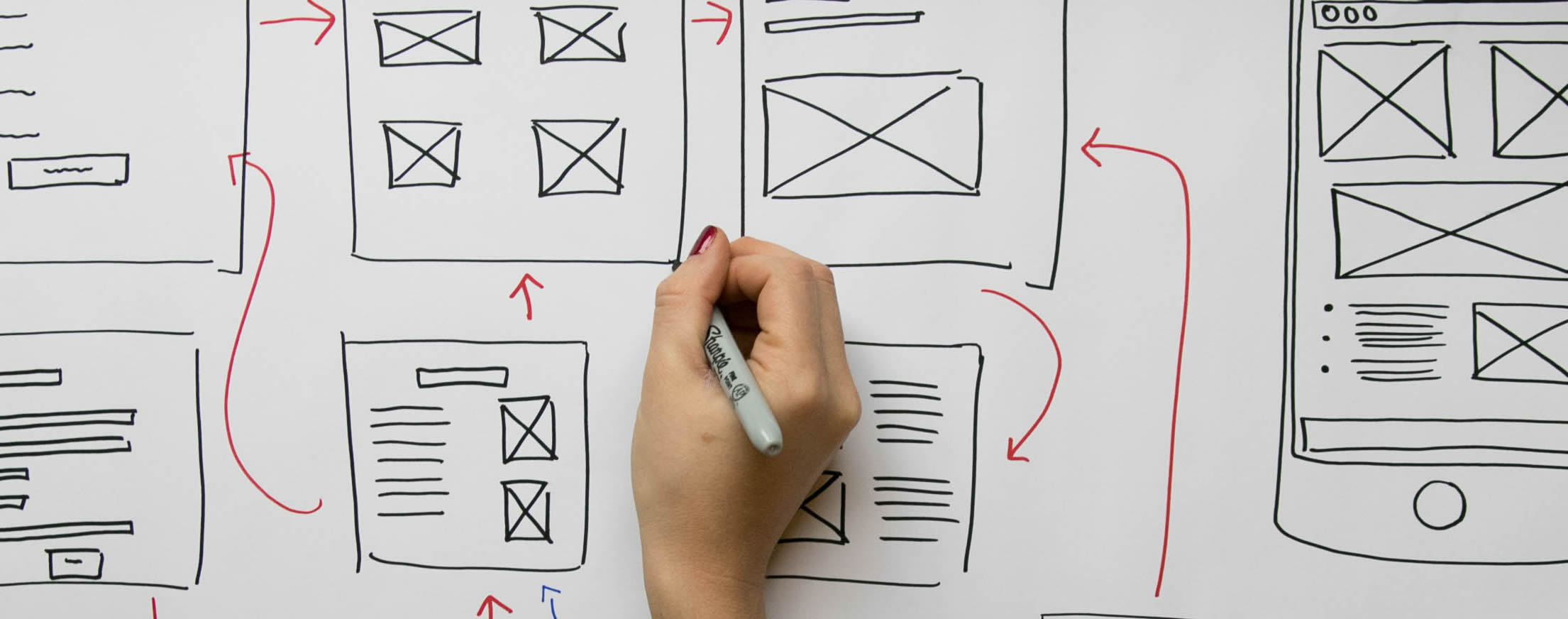Designing software without understanding the context of use, the users, and the tasks can cost your business unquantifiable sums of money and lots of wasted time.

I have run into countless projects where clients estimate their needs based on a vague idealization of their target users. Consequently, jumping directly into the technological solution. As a result, the business requirement meeting turns into a wish list of features from the client, and the engineering team already coding in their heads.
In the Human-Computer Interaction study, we call this “Featuritis”. Where a large number of features in a software product are added for the sake of possibility. This presents a dilemma: The wider the chances are, the greater the complexity will be. This may be beneficial for the most expert users who can perceive more features as an enhancement of the product. For the novices, on the other hand, it may turn out overwhelming and very discouraging to invest time figuring out how to perform simple tasks.
The business benefit from UX Design
Firstly, UX is about understanding the probability over the possibility. Bringing UX into your business context will help you create solutions that are optimized for your users. Which ultimately, will provide business value for your organization.
Secondly, conducting user research to evidence design decisions serves to create products that meet your users’ specific needs. Therefore, achieving not only the best possible user experience with your product but also a considerable return on investment (ROI) on your work.

However, you should quantify ROI in design more broadly. Do not necessarily measured in terms of money or time. Instead, evaluate it in regard to the benefit of a design-related area, for example, user satisfaction, greater user efficiency or reduction of user error. All of which probably leads to an indirect increase in profits.
There are measurable benefits of UX in the corporate context, including increased sales, reduced development times, and productivity and user satisfaction. I want to expose some of those publicly available benefits on the internet in the following infographic:
The Takeaway
Including UX Design in your project can impact your ROI in three ways:
- Bringing in new ideas.
- Discovering new insights.
- Pointing to new directions.
Ensure to include user-centered activities early on in your product lifecycle. I will guarantee that your products will always be relevant to your users.
If you’d like to know more about how MagmaLabs can help you bring profit to your business with UX Design services reach me at design@magmalabs.io







